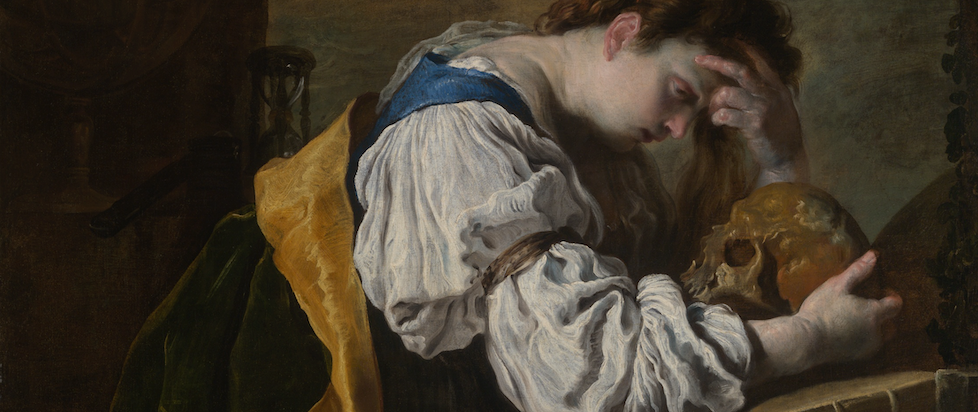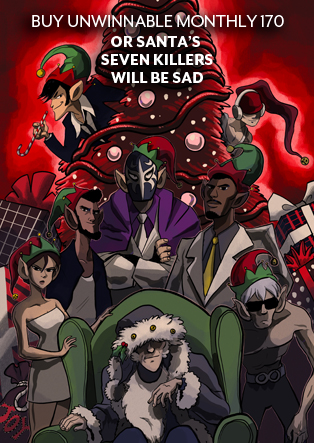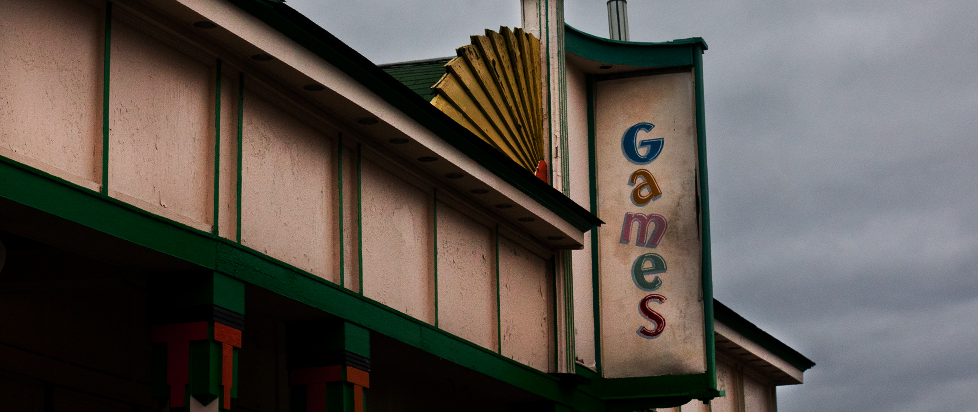
The Writer Will Do Criticism
Since IGN answered its own question of why so many of its reviews score 7s, people have been talking about what the purpose of game reviews are. Everyone has their own approach, and mine is to ask: what is this game trying to do? (And what does it actually do?)
It’s a pair of questions that keeps me on track to look at a game for what’s there, rather than what I might imagine from the genre, or aesthetics, or even my own preferences. There is a catch though: I do have to believe all parts of a game are equally intentional, and this choice is its own source of friction.
In The Writer Will Do Something, Tom Bissell and Matthew S. Burns satirize the experience of making games. The fictitious ShatterGate has met with awful consultant reviews, claiming it has no sense of identity. Various departmental leads bicker over what can be scrapped and re-done, as has apparently happened multiple times throughout development, with the writer expected to patch something together to cover up the seams only a few months before release.

Rhianna Pratchett recently commented on the “bad writing” in a particular scene in Forspoken, where Freya refuses to pick up her cash savings from her feet while her home is on fire, insisting she has to find the cat first, when there’s no visible obstacle to taking both. The line Freya says is in conflict with the world the player is interacting with, and Pratchett suggests that there are a number of different places in the pipeline – animation, voice-over, playtesting – where this issue could have been created, as she knows from her own experience working on the Tomb Raider reboot and some dissonant moments in Lara’s narrative.
When the difference between what the game is trying to do (show off Freya as selfless) and what the game actually does (suggest Freya is foolish) is so stark, it’s easy to speculate on what should have been. Other times, you’re left only with the parts of the game that feel ‘wrong’, without enough context to piece together an obvious alternative. But I can’t know that everything that feels jarring is explained away so easily – and I also can’t know about the parts of the game that seem seamless to me, but are equally the result of development conflicts.
Knowing that constraints like these can significantly change what a game does makes looking at them harder – but the only thing I have that tells me what a game was “supposed” to be is the finished game itself. If it’s important to me to look at games as they are, instead of what I’d expect them to be, I can’t default to writing off parts I conflict with as unintended. Even if it means looking at a game like ShatterGate and struggling to work out if it really wants to be a gritty, dark sequel, or a game which delights in its silly, gunsword-based gameplay.
———
Ruth Cassidy is a writer and self-described velcro cyborg who is between internet homes. You can find their portfolio at muckrack.com/velcrocyborg.




